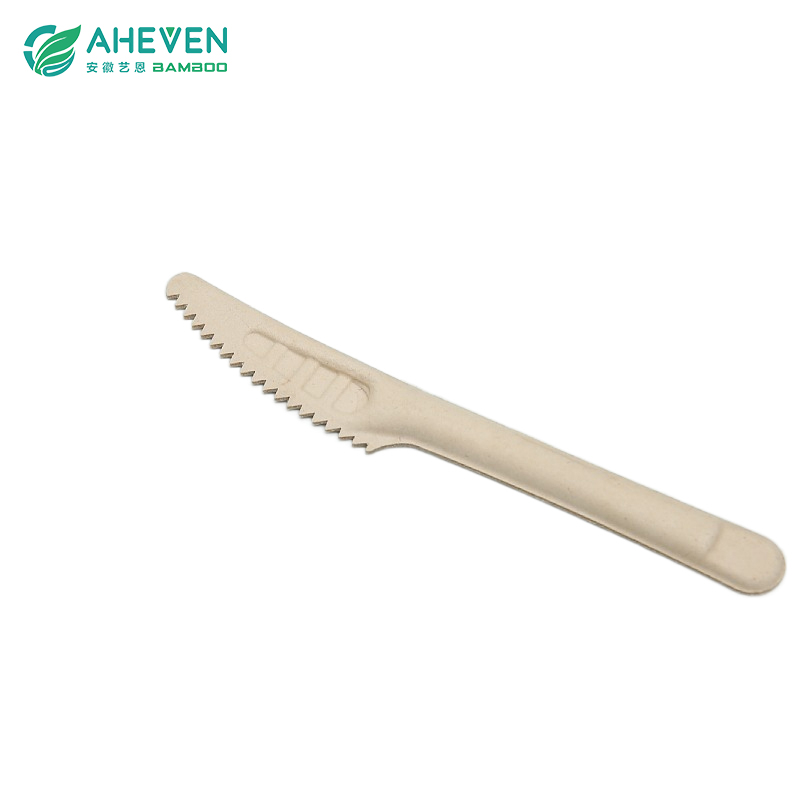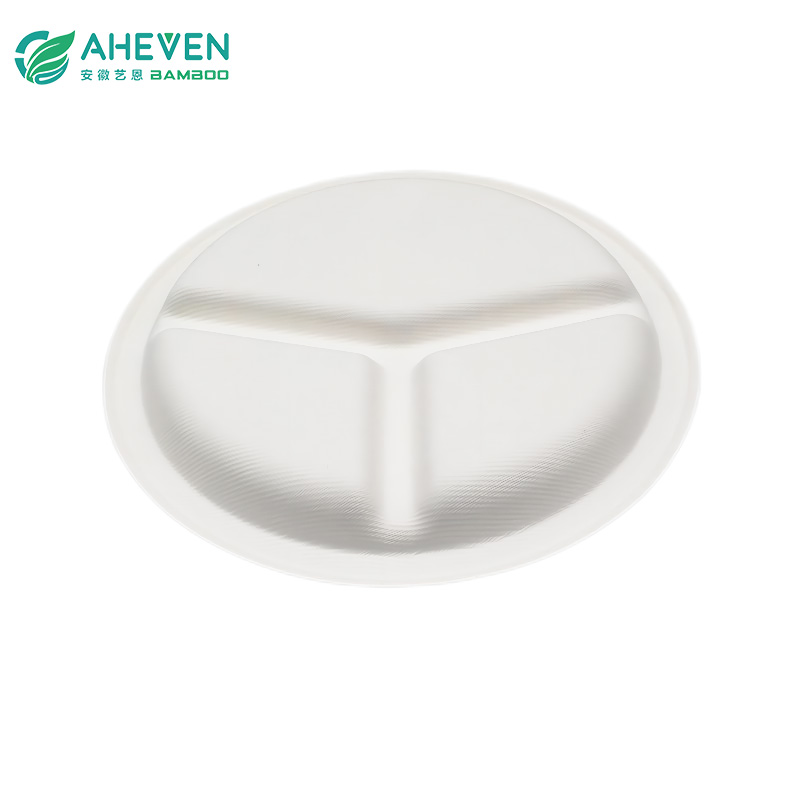Irene Samy Fahim Gabriel's award-winning bagasse-made tableware saves on carbon emission and decreases water and fuel needs. Photo: Irene Samy Fahim Gabriel
Irene Samy Fahim Gabriel's award-winning bagasse-made tableware saves on carbon emission and decreases water and fuel needs. Photo: Irene Samy Fahim Gabriel Bagasse Bowl With Lid

Like many women, Irene Samy Fahim Gabriel found her calling in the world of science at a young age. “My friends and I would compete over who would get the highest grades, and my favourite topics were math and science,” she tells The National. “Also, in my family, I am surrounded by engineers.”
So when a professor told her about the many benefits of recycling waste in 1998 — back when she was still a student — Gabriel was instantly hooked by the idea. “It just felt like an important topic that I needed to pursue,” she says.
Fast-forward to today, and Gabriel is one of 14 Arab women who were recognised by L'Oreal-Unesco For Women in Science Middle East Regional Young Talents Program.
While the annual awards aren't new, its first physical event in the Middle East took place at the Dubai Exhibition Centre at Expo 2020 Dubai on February 9, and awarded young talent — including two women from the UAE — to honour their discoveries in science, technology, engineering and mathematics (the Stem subjects). The ceremony also marked International Day of Women and Girls in Science on February 11.
To be selected was “heart-warming”, says Gabriel, who has applied for the award five times in the past. “I’m so happy, so proud. This proves that hard work and perseverance pay off.”
So what's her award-winning achievement? It is Gabriel's research on practical ways to turn sugarcane waste — called bagasse — into single-use tableware.
“We have three million tonnes of sugarcane waste that goes unattended in Egypt every year,” she says. “The sugar industry usually produces sugar and then burns or leaves the sugarcane waste. It is sometimes used in paper making, but that industry is also in decline as people prefer gadgets to paper.”
The past few years have also seen the rise of another problem: increase in single-use cutlery. “Especially because of Covid-19, there has been demand for disposable cutlery. The industry needs eco-friendly replacements.”
So Gabriel put two and two together and began treating sugarcane waste pulp with oil and water-resistant chemicals that could then be used as eco-friendly disposable tableware.
The idea of recycling bagasse isn’t unheard of. It’s regarded as an eco-alternative to polystyrene in some other parts of the world. However, its use across the Middle East is still novel. For Gabriel, it meant travelling to paper-making companies in Egypt that used sugarcane waste and acquiring the raw material from them.
“It was challenging to get the raw material. These companies are part of government entities and I had to ensure they knew this was for research purposes. But after I spoke to them about my project, they found it useful as a replacement to paper-making.”
She also found a way to simplify the process by acquiring liquid pulp directly from the companies, treating it using eco-friendly chemicals, and then using a machine to press it into tableware. “My process decreases water used by 50 per cent and saves five kilowatts of electricity per kilogram of bagasse [compared to traditional practices]. It’s a more circular, sustainable model, which is why I’ve applied for a patent for it,” she says.
If granted, this could be a game-changer. Bagasse-made tableware saves on carbon emission and decreases water and fuel needs. It is durable, able to hold both hot and cold foods, is freezer and microwave-friendly, and is degradable. Finally, because it uses waste material, it’s also 20 per cent cheaper than other alternatives.
“You will essentially be able to get a good quality for a low price,” says Gabriel.
A patent could also catapult her from researcher to entrepreneur, but Gabriel is taking that in her stride, especially because she is promoting the all-important green cause.
“I would love to see this product used as a replacement to Styrofoam. I feel like Egypt, with its geographical proximity to so many countries, could be a market leader with this product. So, I’m definitely working on that, and I also have a partner who specialises in this. It’s my biggest dream and I hope to achieve it in the coming years.”
She hopes her efforts will also encourage more women to enter the field. “It’s not as big a problem these days, but there are still some people who think women are not capable of being in fields like engineering and science,” she says.
According to the latest Unesco Science Report published in June 2021, the number of women in scientific careers is increasing, although it is still at just above 33 per cent worldwide. “We need more women to lead by example,” says Gabriel. “This spreads the message that if there’s passion, you can do whatever you want.”
Arij Yehya, Qatar: For her research on identifying factors that drive the widening of the gender gap in personality traits to further evaluate current and future gender policies.
Halima Alnaqbi, UAE: For her research on enhancing the organ transplantation system to include Arab ethnic groups.
Rachel Njeim, Lebanon: For her research on the contribution of NETosis to the pathogenesis of diabetic kidney disease.
Sama Hassan Ali Rahmatullah, Iraq: For her research on anti-pollution caused by genetic variation of plants associated with soil contaminated with petroleum hydrocarbons.
Sarah Abdelkader, Egypt: For her research on on-site sustainable methods for agricultural wastewater treatment to be reused in irrigation.
Dr Ghada Dushaq, UAE: For her research on discovering novel materials and structures across photonics to enhance the speed, capacity and accuracy of conventional technologies.
Dr Hend Alqaderi, Kuwait: For her research on the use of oral fluids as a non-invasive diagnostic tool for early diagnosis and disease management of Covid-19 and other inflammatory diseases.
Dr Nura Adam Mohamed, Qatar: For her research on developing non-conventional, novel therapeutic tools to prevent the development of diabetes mellitus and cardiovascular diseases.
Dr Ingy Ibrahim Abdallah, Egypt: For her research on overcoming receptor mutations in cancer targeted therapy.
Dr Heba Alzaben, Jordan: For her research on the use of thermal remote sensing to monitor ecosystem health.
Dr Hiba N Rajha, Lebanon: For her research on food waste valorisation through incorporation and nanoencapsulation of grape skin polyphenols in various cosmetic products.
Dr Nirmeen Elmadany, Palestine: For her research on targeting immunosuppressive proteins in Glioblastoma Microenvironment for a better tumour response to immunotherapy.

Compostable Plates Dr Waad Saftly, Syria: For her research on galaxy evolution through the history of the universe.